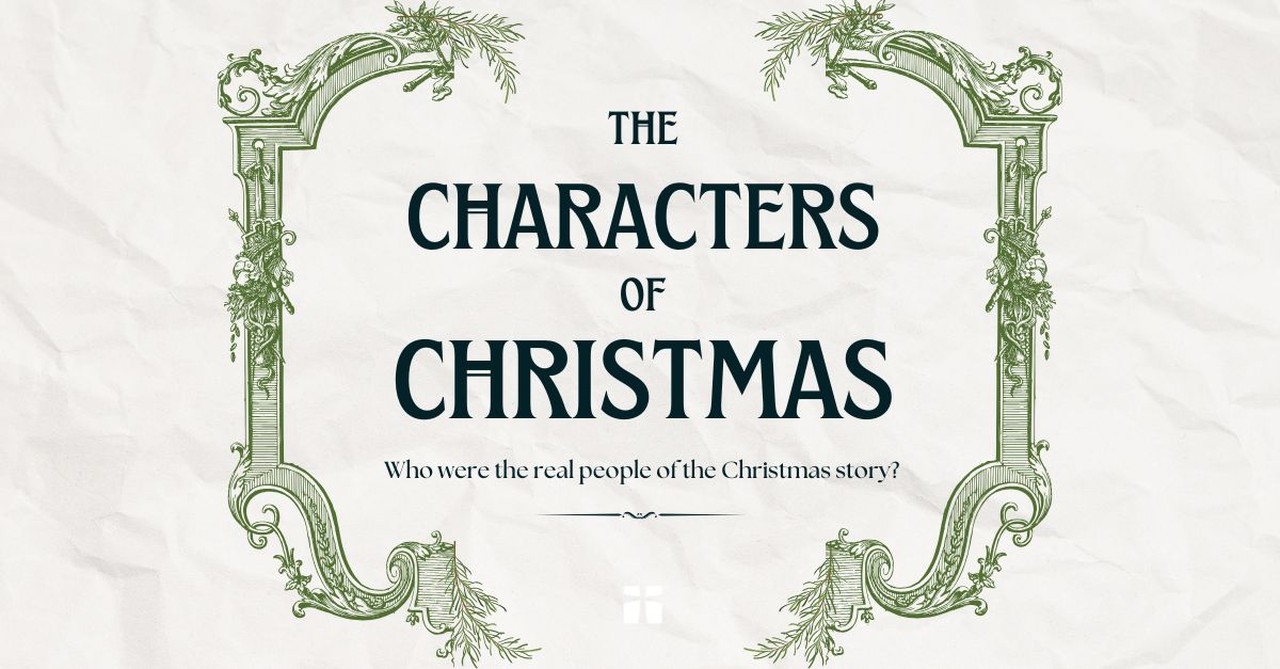Ruth 2:2-7
2 One day Ruth, the Moabite foreigner, said to Naomi, "I'm going to work; I'm going out to glean among the sheaves, following after some harvester who will treat me kindly." Naomi said, "Go ahead, dear daughter." 3 And so she set out. She went and started gleaning in a field, following in the wake of the harvesters. Eventually she ended up in the part of the field owned by Boaz, her father-in-law Elimelech's relative.
4 A little later Boaz came out from Bethlehem, greeting his harvesters, "God be with you!" They replied, "And God bless you!" 5 Boaz asked his young servant who was foreman over the farm hands, "Who is this young woman? Where did she come from?" 6 The foreman said, "Why, that's the Moabite girl, the one who came with Naomi from the country of Moab. 7 She asked permission. 'Let me glean,' she said, 'and gather among the sheaves following after your harvesters.' She's been at it steady ever since, from early morning until now, without so much as a break."



.jpg)
Matthew Henry's Commentary on Ruth 2:2-7
Commentary on Ruth 2:1-3
(Read Ruth 2:1-3)
Observe Ruth's humility. When Providence had made her poor, she cheerfully stoops to her lot. High spirits will rather starve than stoop; not so Ruth. Nay, it is her own proposal. She speaks humbly in her expectation of leave to glean. We may not demand kindness as a debt, but ask, and take it as a favour, though in a small matter. Ruth also was an example of industry. She loved not to eat the bread of idleness. This is an example to young people. Diligence promises well, both for this world and the other. We must not be shy of any honest employment. No labour is a reproach. Sin is a thing below us, but we must not think any thing else so, to which Providence call us. She was an example of regard to her mother, and of trust in Providence. God wisely orders what seem to us small events; and those that appear altogether uncertain, still are directed to serve his own glory, and the good of his people.
Commentary on Ruth 2:4-16
(Read Ruth 2:4-16)
The pious and kind language between Boaz and his reapers shows that there were godly persons in Israel. Such language as this is seldom heard in our field; too often, on the contrary, what is immoral and corrupt. A stranger would form a very different opinion of our land, from that which Ruth would form of Israel from the converse and conduct of Boaz and his reapers. But true religion will teach a man to behave aright in all states and conditions; it will form kind masters and faithful servants, and cause harmony in families. True religion will cause mutual love and kindness among persons of different ranks. It had these effects on Boaz and his men. When he came to them he prayed for them. They did not, as soon as he was out of hearing curse him, as some ill-natured servants that hate their master's eye, but they returned his courtesy. Things are likely to go on well where there is such good-will as this between masters and servants. They expressed their kindness to each other by praying one for another. Boaz inquired concerning the stranger he saw, and ordered her to be well treated. Masters must take care, not only that they do no hurt themselves, but that they suffer not their servants and those under them to do wrong. Ruth humbly owned herself unworthy of favours, seeing she was born and brought up a heathen. It well becomes us all to think humbly of ourselves, esteeming others better than ourselves. And let us, in the kindness of Boaz to Ruth, note the kindness of the Lord Jesus Christ to poor sinners.